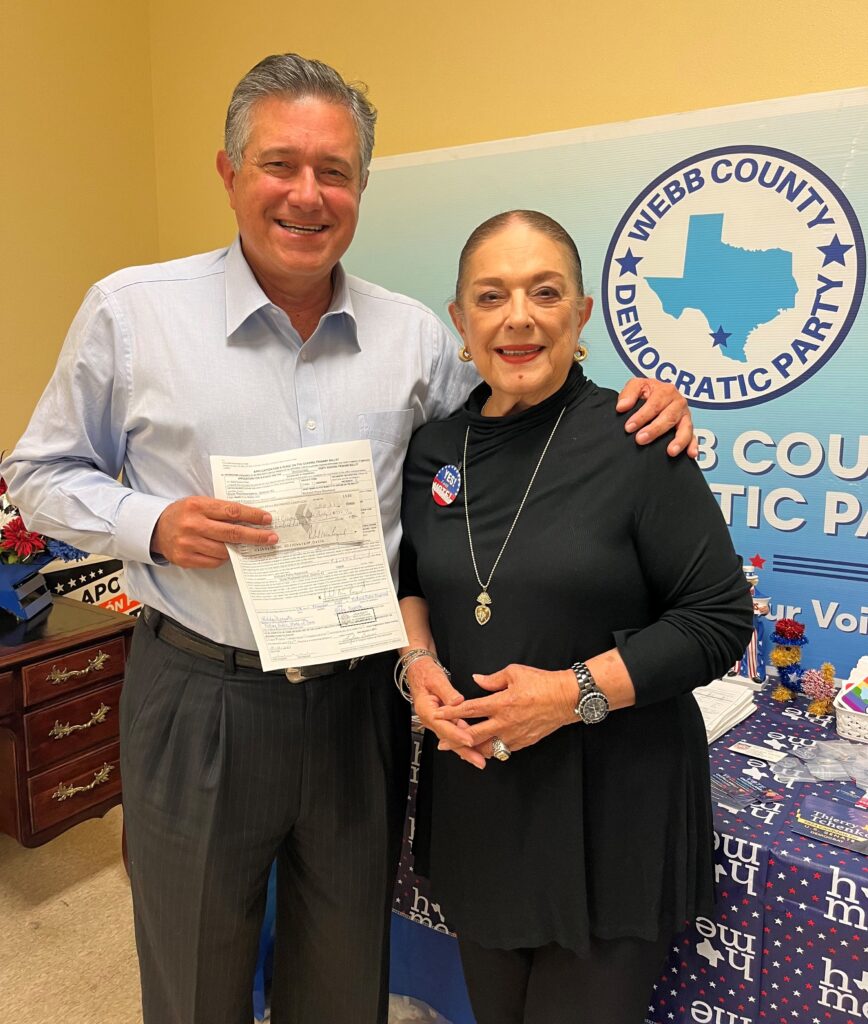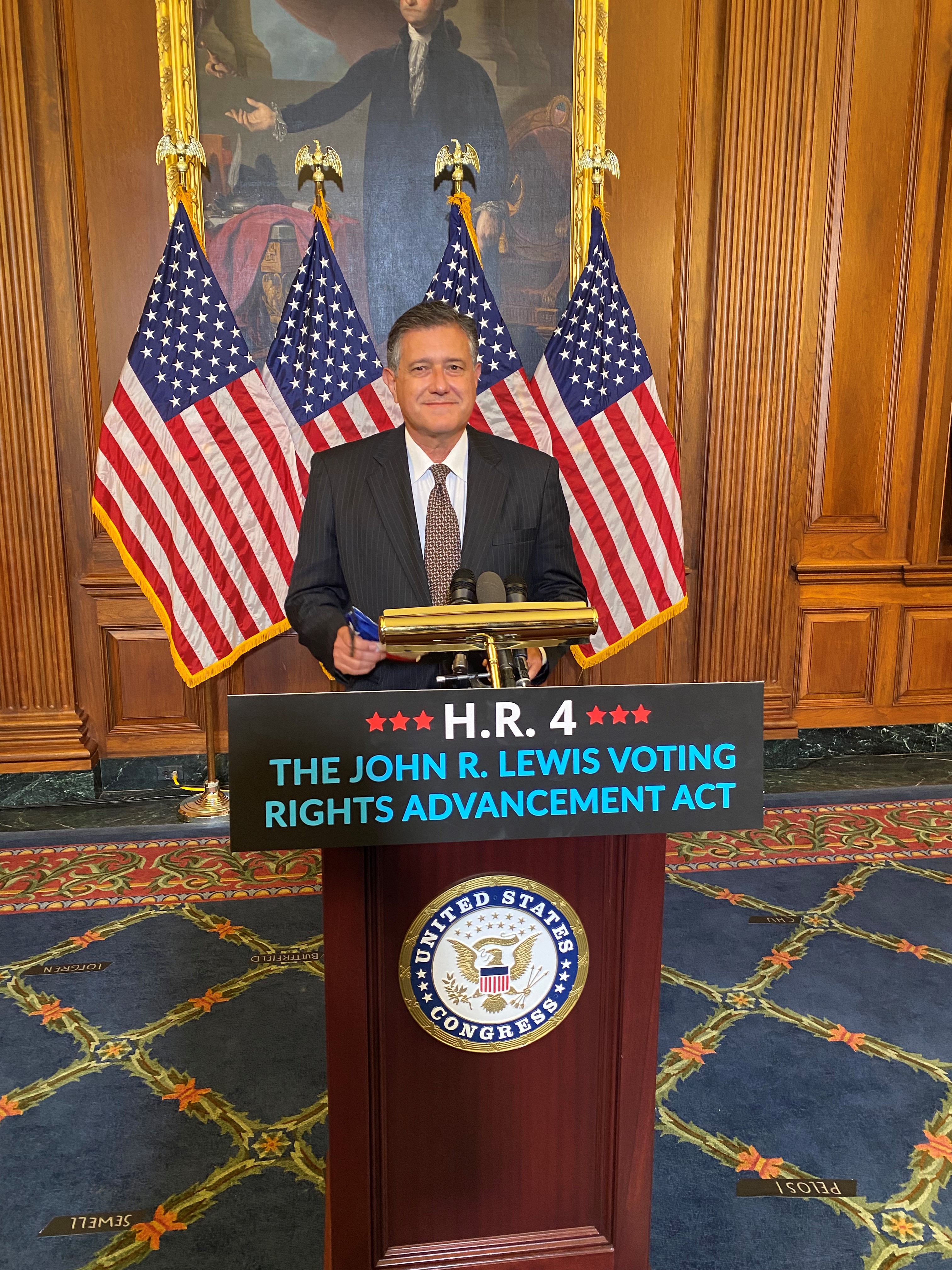REP RAYMOND FILES FOR RE-ELECTION POINTING TO RECENT SUCCESSES
 “I’ve always promised the voters of District 42 that I would work hard every day to build a better future for them and all of Texas. I am proud of the work I did this year and even prouder voters approved our work. But there is more to do! I respectfully ask for your support.”
“I’ve always promised the voters of District 42 that I would work hard every day to build a better future for them and all of Texas. I am proud of the work I did this year and even prouder voters approved our work. But there is more to do! I respectfully ask for your support.”
PASSED ON NOVEMBER 7
PROP 4 - PASSED!
$18 Billion Property Tax Cut
Including a $100,000 homestead for every Texas homeowner
PROP 9 - PASSED!
Cost of living increase for retired Texas teachers
PROP 7 - PASSED!
$10 Billion to build a more powerful Texas Electric Grid
PROP 6 - PASSED!
$1 Billion for new water projects in Texas
PROP 8 - PASSED!
$1.5 Billion to build a larger broadband network in Texas
Richard Addresses the House on Immigration
Donate to Our Campaign
View Our TV Commercials

Rep. Richard Peña Raymond:
LEGISLATIVE WINS FOR LAREDO!
-
Passed laws which will lower property taxes for homeowners and businesses in Laredo
-
Passed a law ensuring safe communities by stopping efforts to defund the police
-
Passed laws providing teachers, retired teachers and all school employees raises
-
Passed a law to abolish the toll on Camino Colombia
-
Passed a law which will prevent churches and other places of worship from being closed during the Pandemic
-
Passed laws placing the words "IN GOD WE TRUST" in the Texas House of Representatives Chamber and on Texas License Plates

Capitol Tours, Flags & Recognition
Request a flag
Legislative Internships
Students! Work in the Capitol.
For Our Veterans
Veterans services and resources
How Can I Help?
Contact Rep. Raymond by mail, phone or email.
Health Care in Texas
Health care and other issues facing Texas

